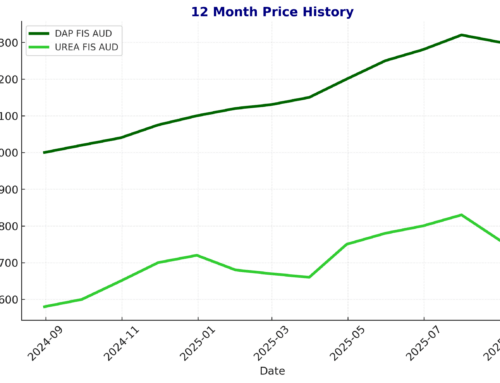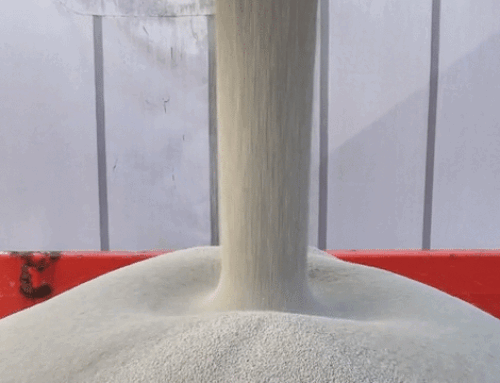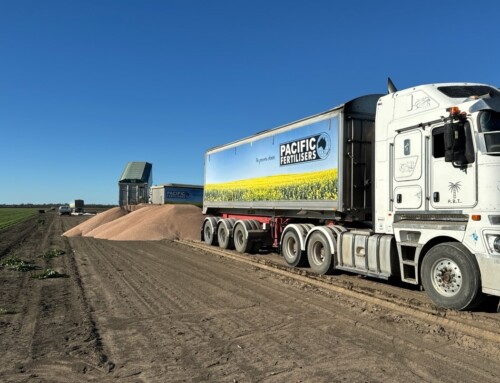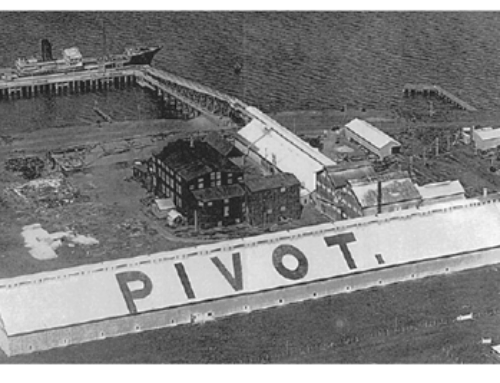Triple Superphosphate (TSP) product is no longer stocked in large volumes in Australia and TSP is mainly used in blends.
The products that are being used in its place are TriplePlus/Tresspass fertiliser (TSPS), Double Super Phosphate (DSP or PastureKing), Monoammonium phosphate (MAP) and Single superphosphate (SSP).
Triple superphosphate, while not chemically pure, can be thought of as monocalcium phosphate (MCP), which has the formula Ca(H2PO4)2.H2O.
Single superphosphate is comprised of approximately two-thirds gypsum (CaSO4.2H2O) and one-third MCP.
The chemical formula for MAP is NH4H2PO4
MCP and MAP both dissociate to release H2PO4+ ions, so in this respect there is no difference in the products.
MAP and MCP vary in their solubility in water:
- MAP 37 kg/100 L
- MCP 2 kg/100L.
The gypsum in single superphosphate (SSP) makes this product less soluble and more difficult to dissolve. Gypsum has a solubility of 0.26 kg/100 L, about one-eight of that for MCP. Gypsum also has no effect on soil pH.
The solubility of gypsum is comparable to that of Burnt and Hydrated Lime, and is much higher than that of ground limestone:
- Calcium Carbonate (Lime) CaCO3 0.0013 kg/100 L
- Calcium Oxide (Burnt or Quick Lime) CaO 0.13 kg/100L
- Calcium Hydroxide (Slaked or Hydrated Lime) Ca(OH)2 0.17 kg/100 L

Superphosphate SSP (8.8% P)
This is produced by treating rock phosphate with sulfuric acid, and is the most commonly used phosphorus fertiliser.
Double superphosphate DSP (17.5% P with 5% S)
Phosphoric acid is used instead of sulfuric acid in manufacture.
Triple Super Sulphur TSPS (18% P) with 10% S)
Compound granule of triple super and elemental sulphur.
Triple superphosphate TSP (20% P)
Phosphoric acid is used instead of sulfuric acid in manufacture.
Monoammonium phosphate (MAP 21% P); Diammonium phosphate (DAP 20% P)
These two fertilisers are produced by treating phosphoric acid with ammonia.
Rock phosphate (10% P)
Crushed & mill soft rock phosphate is sometimes used as a fertiliser but is very insoluble. Reactive phosphate rock (RPR) can be more soluble than crushed rock phosphate where there is acid soil/sulphur.









